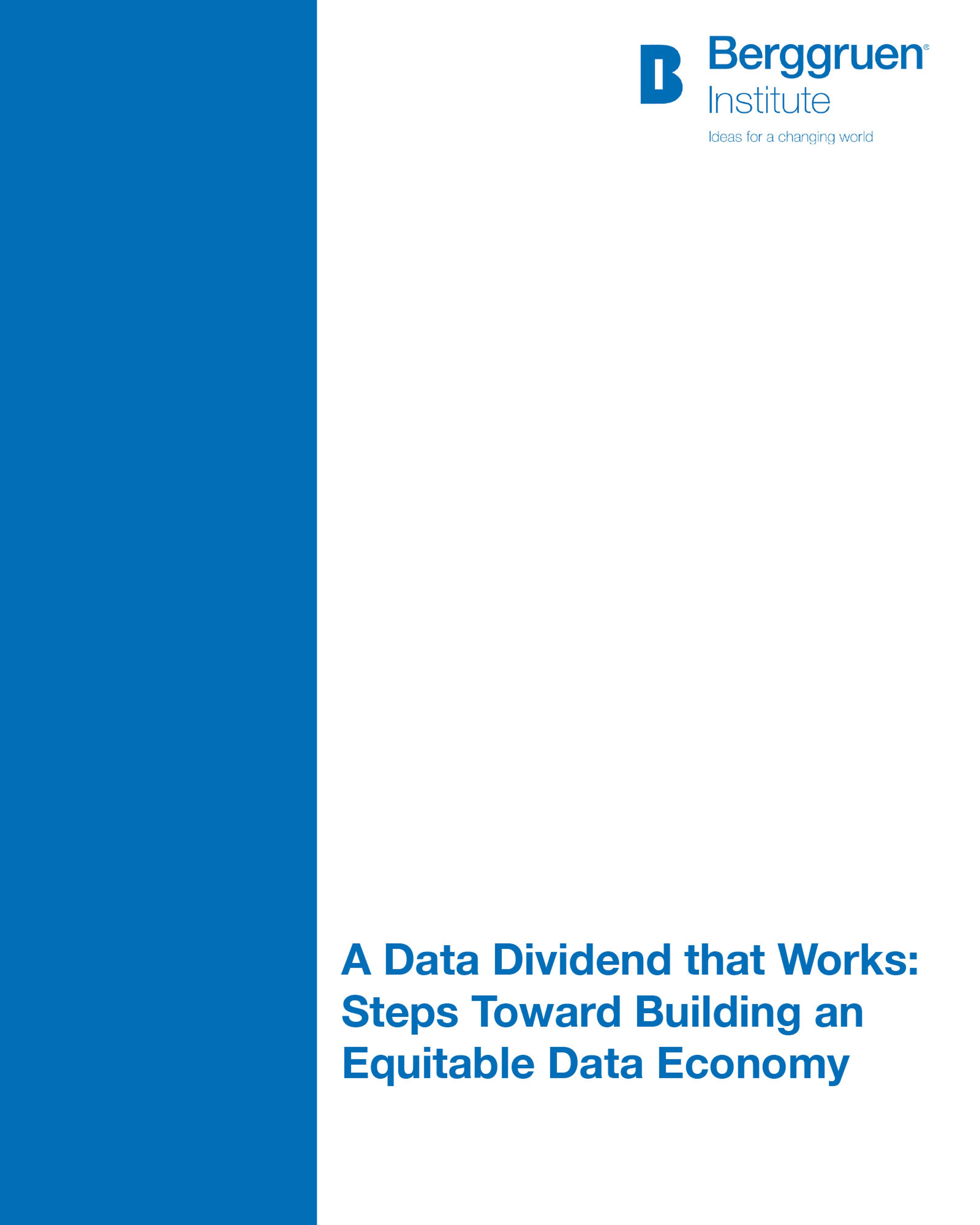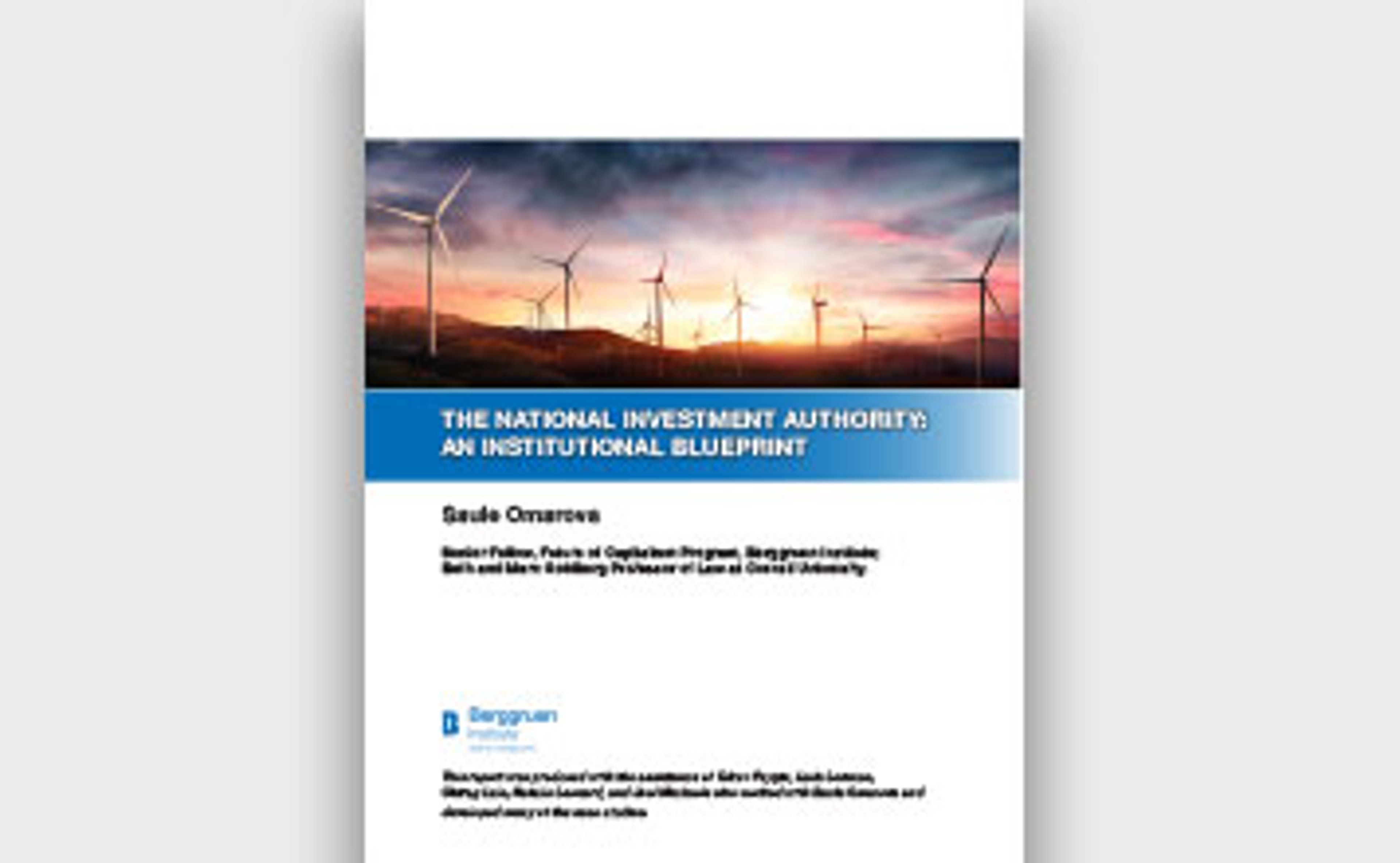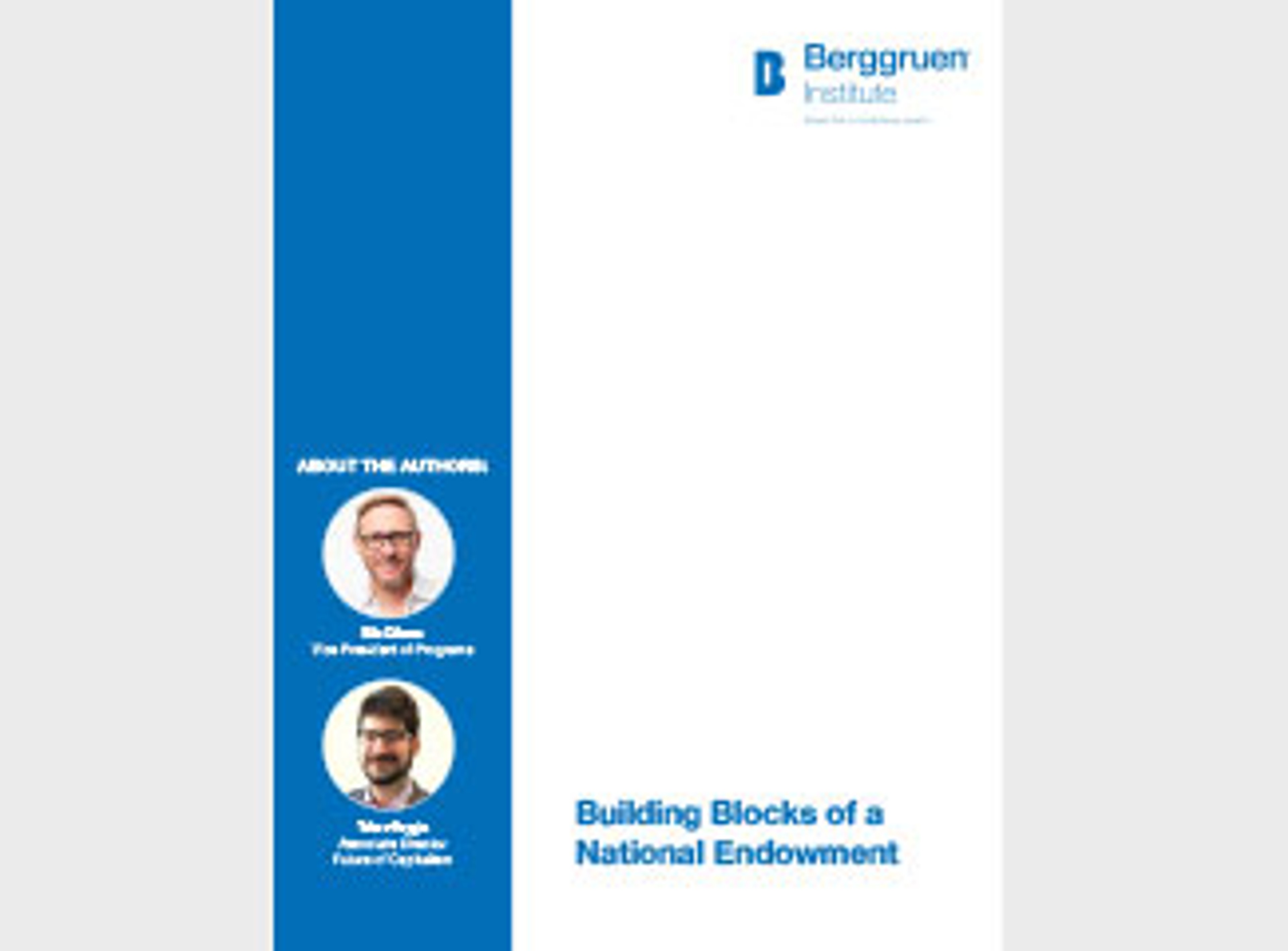A Data Dividend that Works: Steps Toward Building an Equitable Data Economy

In his 2019 State of the State speech, California Governor Gavin Newsom proposed a “data dividend” to share the wealth stemming from the exploitation of personal data with the users who generate it. The motivation behind the proposal is powerful and important: because California’s data-driven economy does not exist without California’s data-generating public, the public should receive their fair share of the benefits from this economy.
Governor Newsom’s proposal raises many complex questions, such as: How should data be valued, and how should that value be distributed? Understandably, these questions have led to debate and have raised doubts about what can be implemented in the near term.1 In this report, we propose a pragmatic approach to implement a “data dividend” motivated by the notion that data is “ours”: it is a collective good and any data dividend must account for that fact.
The governor’s proposal spurred us to form the California Data Dividends Working Group – an ad-hoc team of scholars and practitioners without any political affiliation. We have drafted a data dividends plan that can be implemented right now and can have effects on alleviating data-driven inequality in the near future. Our proposal is rooted in existing practices and does not require any leaps in technological capability. It quickly creates meaningful benefits to a wide group of Californians and, at the same time, lays the foundation for longerterm reforms. The plan is also adaptable; technological advances, rapidly-evolving research into the data-driven economy, and developments in other jurisdictions demand that data dividends be implemented using a flexible approach. To achieve this adaptability, we emphasize the establishment of flexible institutions rather than specific parameters.
The critical insight motivating our plan is that the economic value of data primarily comes from the data aggregation generated by large groups, rather than from any one individual. The rapidly emerging new generation of Artificial Intelligence (AI) based technologies do not focus on analyzing one person’s individual data. Rather, AI “learns” from aggregated data sets and generates value by applying these insights back to individuals. Thus, to design a data dividend, we must think in terms of “our data”, not “my data.” The same aggregation effect is true for data brokers and other benefactors of the data-driven economy that have already created profitable markets in personal information. Thus, the best way to mitigate the harms of this economy – such as increased inequality, lack of access to opportunities, and the rise of powerful platform monopolies – is to treat data as a collective resource that must be managed through proper institutions rather than an as individual asset.



















